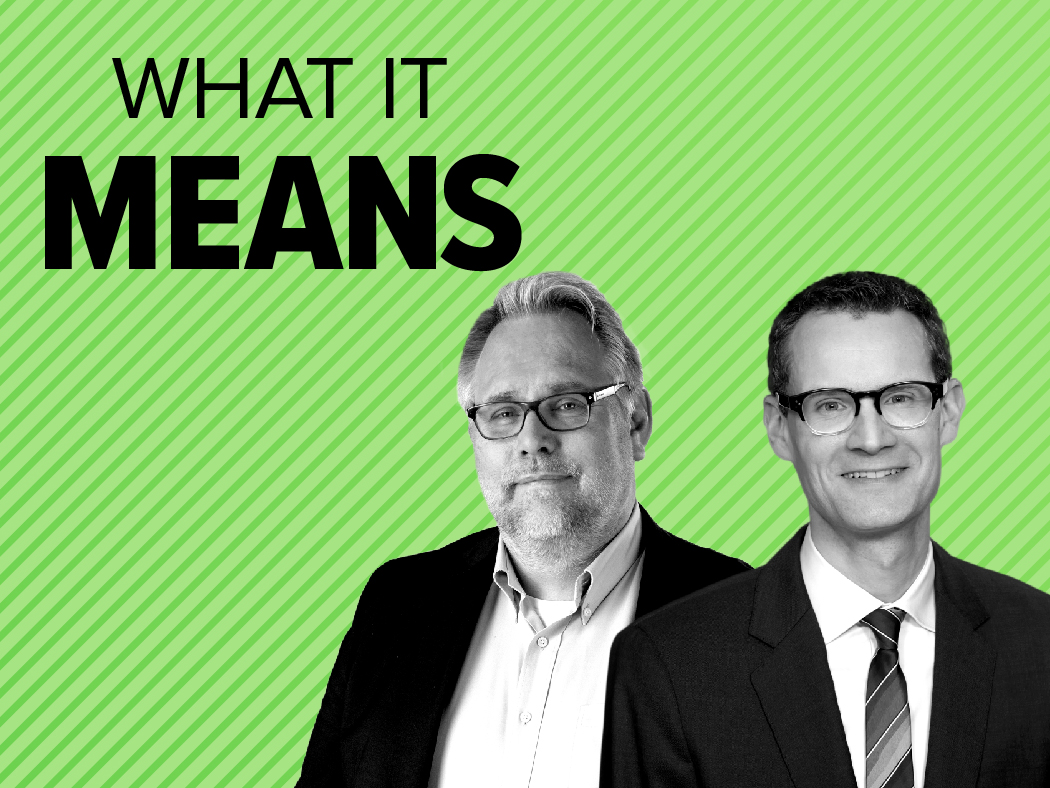Featuring:
Pascal Matzke, VP and Research Director and Bernhard Schaffrik, Principal Analyst
Show Notes:
Sustainable widespread innovation requires robust collaboration between internal teams and units. Longstanding organization silos can create major roadblocks to that collaboration and reduce opportunities for innovation. In this episode, VP and Research Director Pascal Matzke and Principal Analyst Bernhard Schaffrik discuss the impact of silos on innovation and provide some unique ideas on how technology leaders can orchestrate innovation in their organization.
The discussion starts by focusing on a key point: Innovation is not only about one-time “moonshot” ideas. It requires processes and core competencies that make innovation sustainable and repeatable. And the key there is finding the right amount of process to inspire, but not squash, innovation. “The worst thing you can do is overload the whole thing with process and governance,” says Matzke. “You don’t want to become overly dogmatic.” One mistake some companies make, he says, is starting with a centralized “innovation lab” where mistakes and failure are openly accepted, but then changing that mindset once innovation processes are rolled out within other business units and departments.
The analysts also discuss how collaborative incremental innovation can lead to a bigger, moonshot innovation, especially when multiple business groups or teams are involved. Matzke adds that technology leaders are uniquely suited to encourage enterprisewide innovation. “This is the great opportunity for the tech executives and CIOs because they are really the orchestrators” who can create the linkages between business groups, says Matzke.
Of course, there are many hurdles to driving innovation in an organization. And Matzke takes some time to debunk some of the most common excuses organizations use for a lack of innovation such as regulatory limitations, talent constraints, or access to the right technology. “Some of the excuses … don’t count anymore because we have proven during the times of the pandemic that they can be overcome,” he says.
The episode closes with a discussion about how Gen Z workers can help bridge silos. Schaffrik says that growing up in an era where information and answers are available instantly means Gen Z workers are more likely to reach out to other teams and work with whatever group they think can help get them the solutions they’re after.
If you’re interested in learning more about making innovation more sustainable at your organization, check out the agenda for the upcoming Technology & Innovation EMEA event in London Oct. 12–13. Both Matzke and Schaffrik will be presenting on innovation practices, and there will be tracks dedicated to both innovation and overcoming organizational silos.




